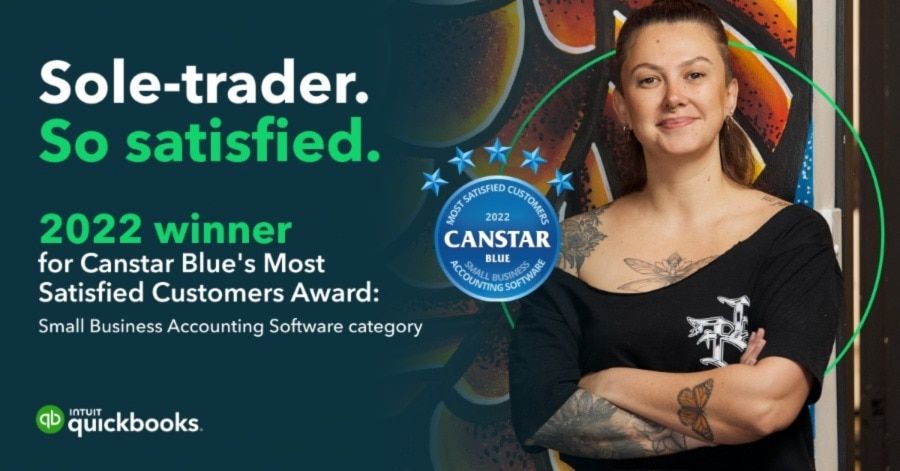Small business owners and sole traders can often fall into old habits come tax time, without considering some of the less obvious or most recent tax deductions available. To remain competitive and keep a healthy bottom line, businesses need to be smarter and sharper every financial year.
Generally speaking, you can claim most expenses you incur in running your business as deductions to reduce your assessable income, but there are exceptions. For example, you cannot claim deductions for private or domestic expenses. Entertainment, fines and some other expenses are also specifically excluded. Here are some things that businesses might overlook come tax time:



















